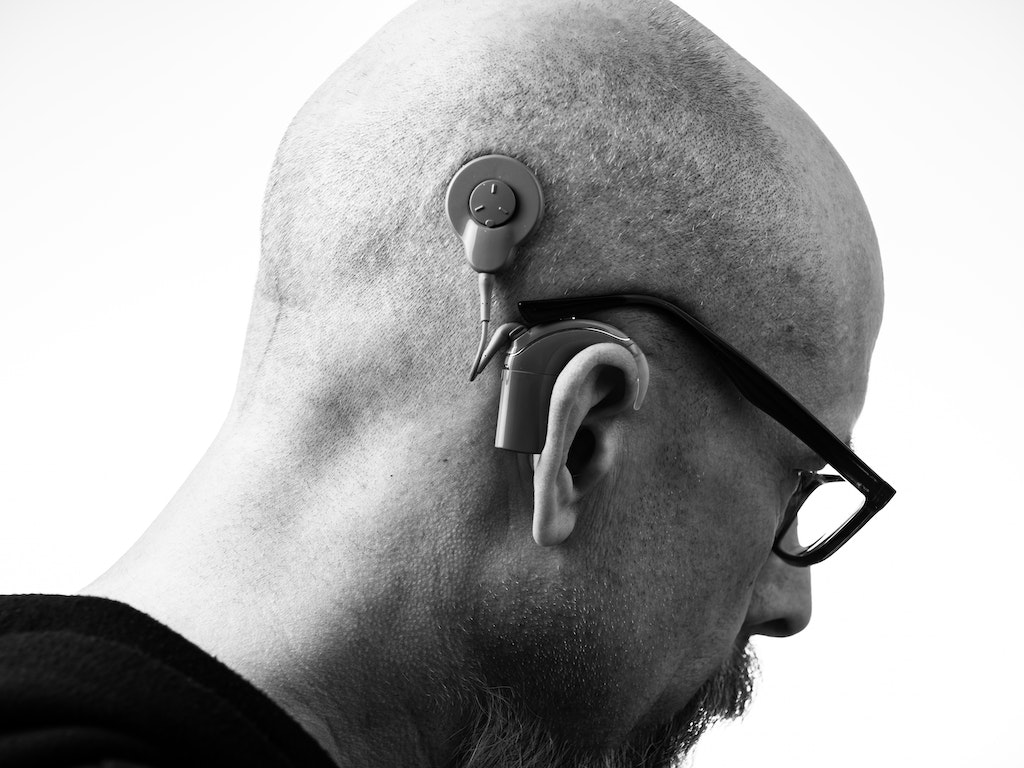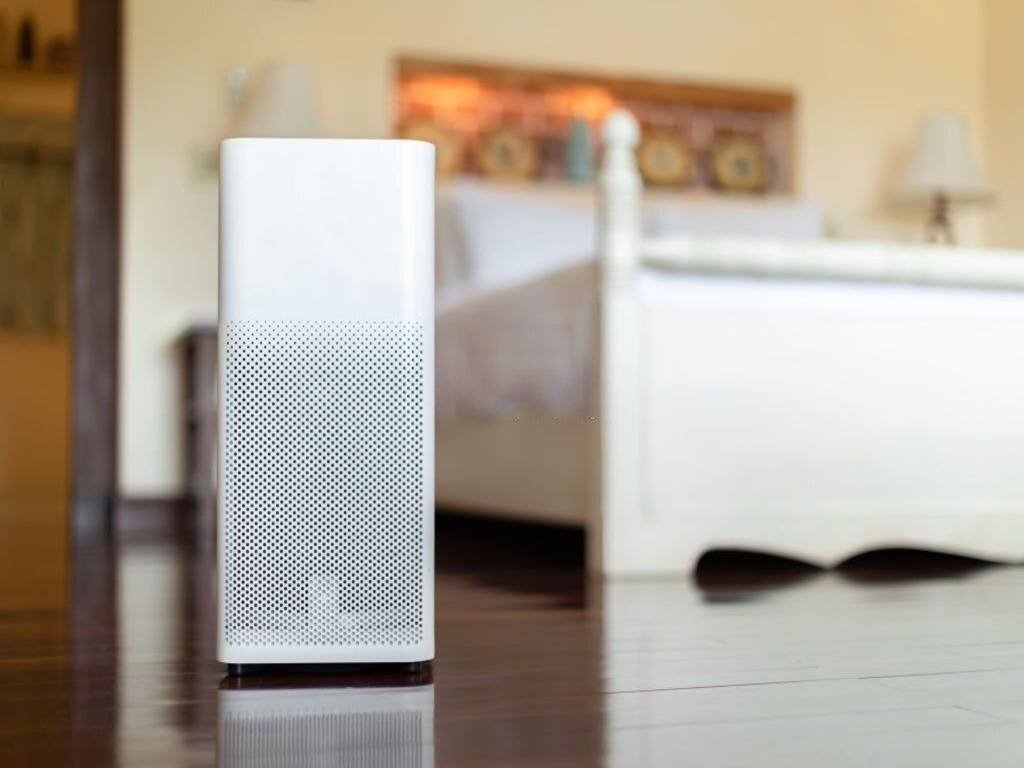
Medicare is a lifeline for many Americans, providing essential healthcare coverage for seniors and individuals with disabilities. However, it’s essential to understand that while Medicare covers a wide range of medical services, there are certain treatments and services it doesn’t cover. These exclusions can catch many beneficiaries off guard, potentially leaving them with unexpected out-of-pocket expenses. Here are five health treatments that Medicare does not cover:
Long-Term Care
One of the most significant gaps in Medicare coverage is long-term care, including assistance with daily activities such as bathing, dressing, and eating. Medicare typically does not cover long-term stays in nursing homes or assisted living facilities. While some limited coverage may be available for short-term stays after a hospitalization, long-term care costs are primarily the responsibility of the individual or their family.
Dental Care
Routine dental care, including cleanings, fillings, and extractions, is generally not covered by Medicare. While Medicare may cover certain dental services in specific emergency situations, such as jaw fractures or oral infections requiring hospitalization, routine dental care for maintenance and preventive purposes is typically not included.
Vision Care
Medicare also does not cover routine eye exams for eyeglasses or contact lenses. While certain eye-related conditions, such as cataract surgery or treatment for diabetic retinopathy, may be covered, routine vision exams and corrective lenses are generally not included in Medicare coverage.
Cosmetic Surgery
Procedures performed solely for cosmetic purposes are not covered by Medicare. This includes treatments such as facelifts, breast augmentation, and liposuction. However, if a cosmetic procedure is deemed medically necessary—for example, reconstructive surgery following an accident or to correct a congenital deformity—it may be covered by Medicare.
Acupuncture
While acupuncture is recognized as a valid form of treatment for certain medical conditions, Medicare typically does not cover acupuncture services. This exclusion extends to other alternative therapies such as chiropractic care and massage therapy, which are often sought for pain management and wellness purposes.
Understanding what Medicare does and does not cover is crucial for beneficiaries to plan for their healthcare needs effectively. While supplemental insurance plans, such as Medicare Advantage or Medigap policies, may offer additional coverage for some of these excluded treatments, individuals should carefully review their options to ensure they have adequate coverage for their specific healthcare needs. Additionally, exploring alternative sources of funding or assistance, such as Medicaid or community-based programs, may help individuals access necessary treatments that fall outside of Medicare’s coverage scope.






















